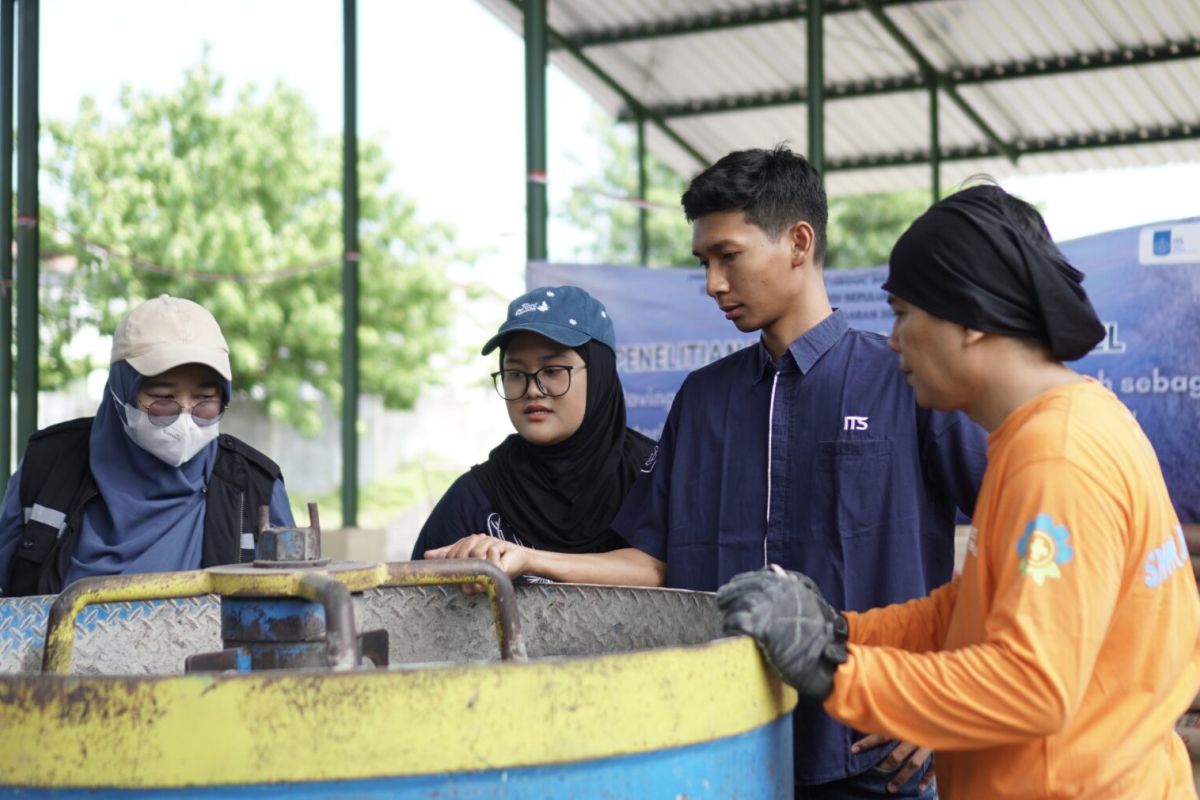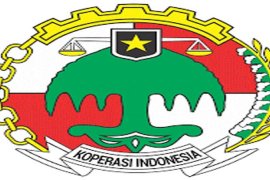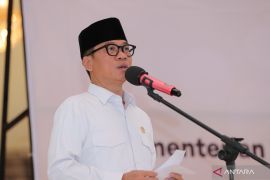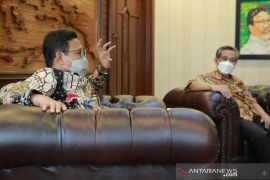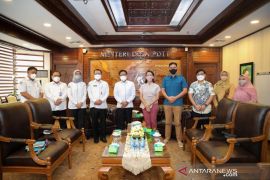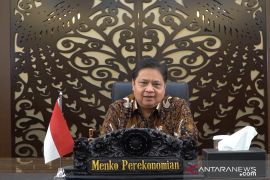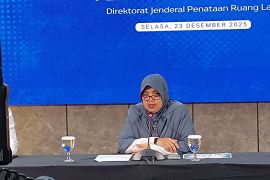This initiative also aims to empower rural communities through collaboration with Village-Owned Enterprises (BUMDes), combining sustainable infrastructure with inclusive economic development.
Head of the DTIS ITS research team, Yuyun Tajunnisa, explained that low-permeability surfaces commonly used in urban areas hinder rainwater absorption, causing surface runoff and flooding.
Conventional paving blocks, she noted, have limited water absorption capacity and exacerbate the problem.
To address this, her team designed porous paving blocks that naturally absorb water and are environmentally sustainable.
The blocks utilize coal combustion residue from power plants as a partial substitute for cement, reducing production costs and carbon emissions.
The research included testing compressive strength, porosity, and infiltration rates in accordance with Indonesian National Standards (SNI 03-0691-1996 and SNI 7752:2012).
Results showed that combining fly ash with CaCO yields paving blocks with strong mechanical properties and high permeability.
Supported by funding from the Ministry of Higher Education, Science, and Technology (Kemdiktisaintek), the project has advanced to downstream development and commercialization.
It also involves the ITS Department of Business Management, which evaluates market potential and opportunities in sustainable construction.
Slamet Hariyadi, Chairman of BUMDes Sumberejo in Paiton Sub-district, Probolinggo, expressed appreciation for the collaboration since 2023, noting that the initiative has created jobs and increased local incomes.
Related news: Weather operation reduces rainfall intensity by 75% in West Java: BNPB
Related news: Indonesia intensifies reforestation push to meet climate targets
Translator: Primayanti
Editor: Aditya Eko Sigit Wicaksono
Copyright © ANTARA 2025
